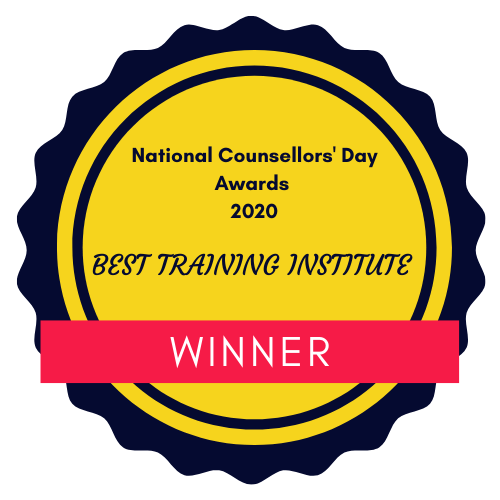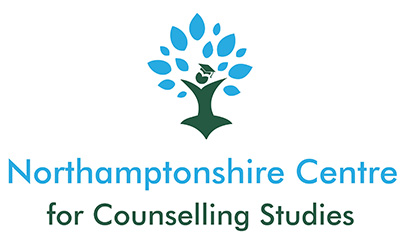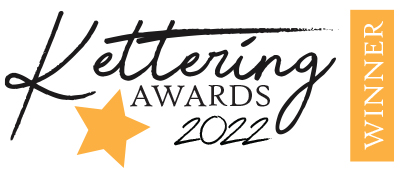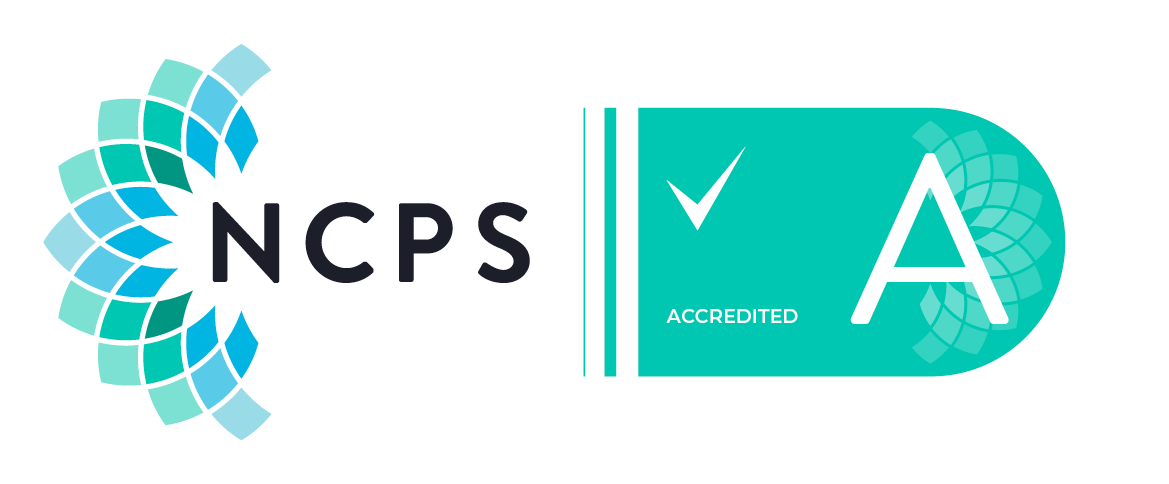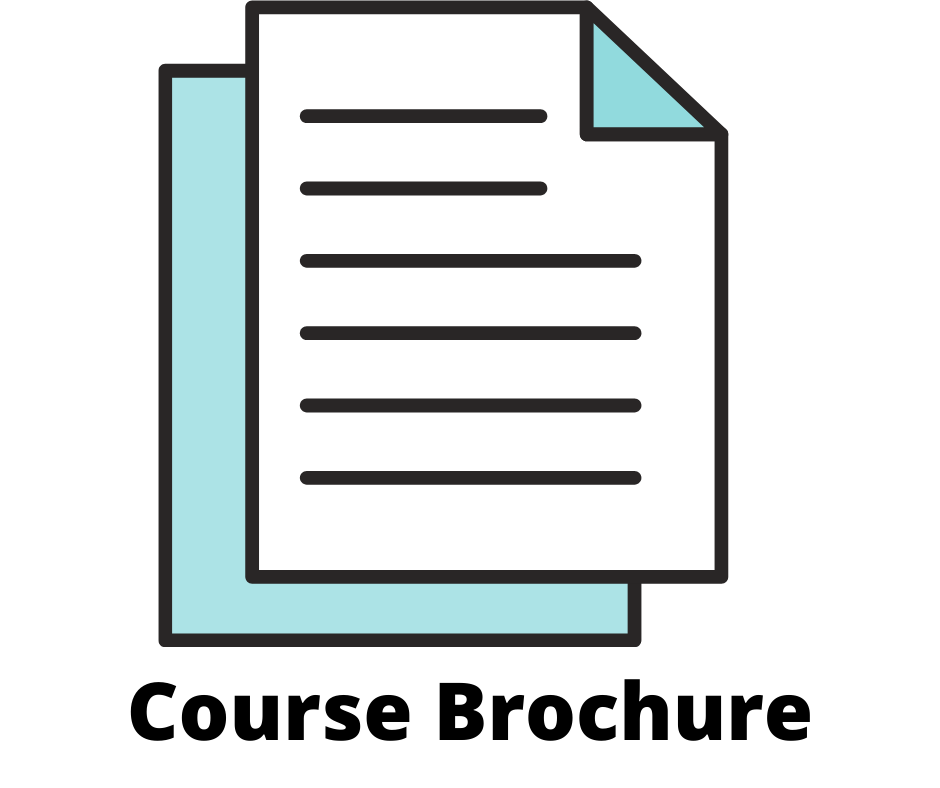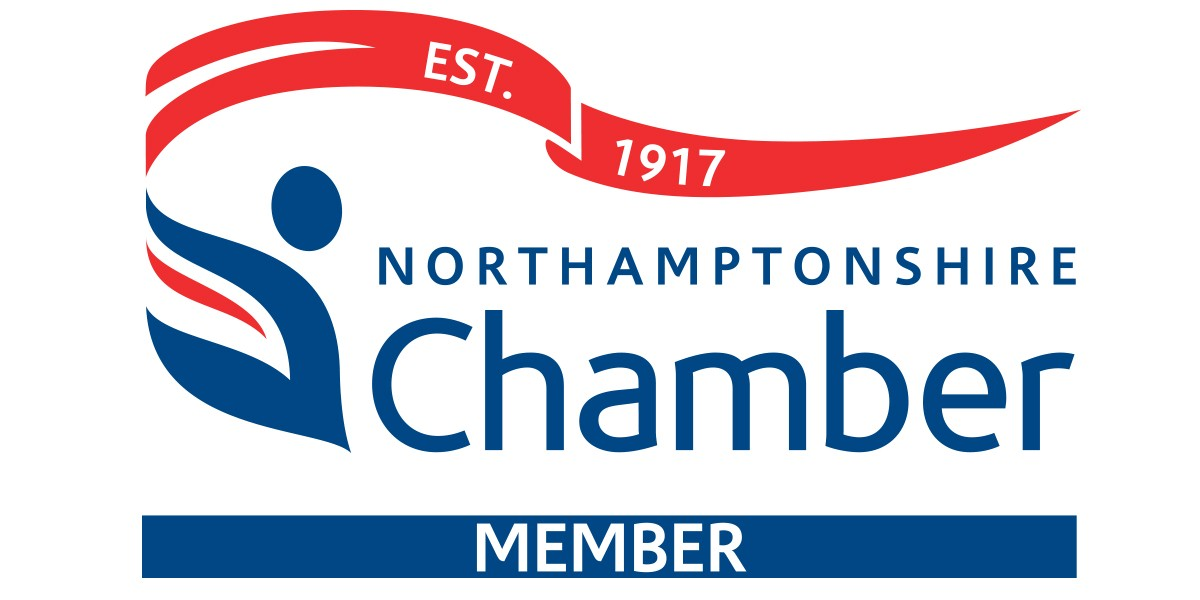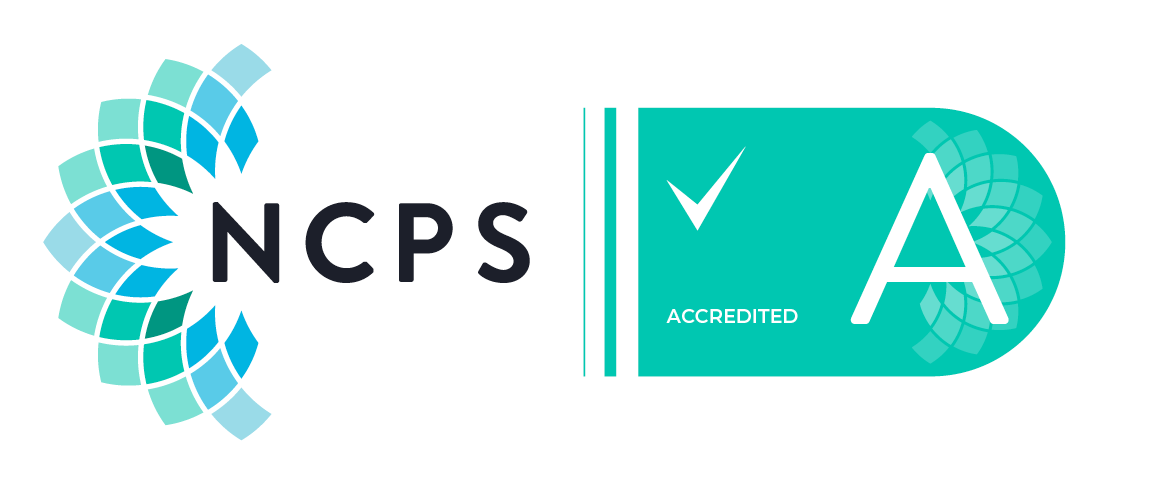CPCAB Level 4 Diploma in Therapeutic Counselling
Fully Accredited by the National Counselling and Psychotherapy Society (NCPS)
NEXT COURSE BEGINS SEPTEMBER 2024.
Course Full pending interviews.
PLEASE NOTE THAT THIS COURSE IS ONLY RUN EVERY TWO YEARS
It should be noted that as a private training centre we are unable to provide any form of student loan facility.
However, we do offer installment options - see below or course brochure
Entry Requirements
- To be 20 years old or over
- Hold a Level 2 Certificate in Counselling Skills and Level 3 Certificate in Counselling Studies or equivalent of at least 180 guided learning hours. Courses must be taught live by a tutor, distant learning courses DO NOT meet the elgibility requirements. Proof of this will be required prior to interview
- To have a good track recording of attendance and meeting deadlines throughout your L2 and L3 training (evaluated through previous tutor references if transferring from a different training centre)
- Level 2 or equivalent in English Language – or ability to demonstrate this
- Good IT skills – availability of Microsoft Office on your laptop so that you can complete and submit work, ability to use Word, fill in proforma templates electronically, attach documents to emails and send, use an online classroom platform
- An ability to identify reasons for training beyond just personal development
- Provide academic and professional references
- Academically and emotionally able to cope with this level of training
- Ability to work with difference and diversity
- Possess personal qualities of resilience, imagination, intuition, openness, and ability to benefit from self-development
- Ability to form a therapeutic relationship
- Self-awareness, insight, honesty, and the ability to make links
- Ability to challenge and be challenged
- Ability to respond sensitively and empathically to others
- Capability (psychologically and time available) to commit to working with clients within an agency setting
- Are intending (and actively seeking) to secure a counselling placement by the end of year 1 of the programme
- Emotional stability and the absence of personality disturbance. Applicants who are experiencing current emotional or psychological problems will not be accepted onto the course. If you have experienced anything in the past this will be asked about at interview and you will be expected to have sufficiently worked through this
- Applicants who are experiencing current significant life circumstances or expecting significant life circumstances may not be accepted onto the course
- It is important that you have carefully considered all the eligibility requirements before applying for the diploma course. You need to have enough emotional energy and time available to be able to successfully apply yourself to all aspects of the training. A discussion with your current course tutor or personal therapist may help you with this consideration.
Course Content
A large part of the course is experiential learning and observation and involves a commitment to personal development/developing self-awareness.
The course contains the following units:-
- Learning Outcome 1 – Working ethically, safely and professionally as a counsellor
- Learning Outcome 2 – Working within the counselling relationship
- Learning Outcome 3 – Working with client diversity in counselling work
- Learning Outcome 4 – Working within a user-centred approach to counselling
- Learning Outcome 5 – Using counselling theory to understand own self
- Learning Outcome 6 – Using self-awareness to enhance counselling work
- Learning Outcome 7 – Working self reflectively as a counsellor
Sessions will consist of:-
- Personal Development - These types of session aim to develop personal self-awareness and facilitate your personal enquiry into your own personal history and personal relationships;
- Theory - These sessions examine topics relating to counselling skills and from a person-centered approach
- Skills Practice - Skills practice sessions involve you practicing your counselling skills on each other in groups of 3 or 4
- Supervision groups - these will be in addition to placement supervision sessions
- Personal development groups (a.k.a Process Group)
- Ethical dilemma discussions and other practical counselling skills
You will also be required to undertake 30 hours of personal therapy and complete a minimum of 100 hours of supervised practice in a counselling placement. Students are required to find their own placement (NCCS will provide ideas and support for this but it is ultimately the student's responsibility). Placement must be started or arranged to begin by the end of Year 1 of the course.
Assessment
Internal - You will produce a written e-portfolio of work, which documents evidence of your learning, a record of your personal development and a collection of evidence to support CPCAB criteria outlined in the Candidate Learning Record (CLR). Success on the course is dependent upon the completion of this portfolio.
External – You will sit a written external examination set by the CPCAB during course time. Successful completion of the course is dependent upon passing this assessment.
All seven learning processes are individually assessed throughout the course using the following methods:-
- Reflective Learning journals
- Tutor and peer feedback
- Self-assessment
- Written Assignments
- Case Presentations – including written process report
- Research Projects
- Presentations
- Group Discussions and group work
- Group Supervision
- Placement and Placement Supervision Report
- Self-Review
- External Assessment
Additional Study Time
This course requires a lot of additional study time between sessions. It is difficult to quantify this for Level 4 as this will vary from student to student and also will vary dependent upon other factors such as when an assignment is due to be submitted. It is important that the course is considered in relation to other areas of your life in order that you can give the course your time and commitment to give you the best opportunity to complete it. Please consider how it will fit into your current employment, family life, health issues etc.
Progression
This is a stand-alone Level 4 Diploma course but progression is available on to the CPCAB Level 5 Diploma in Psychotherapeutic Counselling or Cognitive Behavioural Therapeutic Skills and Theory.
(NCCS currently does not offer this level of training at present).
Completion of Level 4 can also contribute towards the requirements for the Open University Foundation Degree.
Mandatory Texts
Bond, T. (2015) Standards and Ethics for Counselling in Action. SAGE
Budd, K. et al (2020) A Student’s Guide to Therapeutic Counselling. SAGE
Cooper M. (2008) Essential Research Findings in Counselling and Psychotherapy. SAGE
Kirkbride, R. (2018) Counselling young people. A practitioner manual SAGE
Mearns, D. et al (2017) Working at relational depth in counselling and psychotherapy. SAGE Publications
Mearns, D. et al (2013) Person-centred counselling in Action (4th Edition). SAGE
Mearns, D. et al (2000) Person-centred Therapy Today SAGE
Rogers, C. (2004) On becoming a person. Constable
Rogers, C. (1995) Way of Being. Houghton
Sanders, P. (2012) Tribes of the Person-Centred Nation 2nd Edition, PCCS
Watson, J. (2019) Drop the Disorder. PCCS
Other Suggested Reading
BACP have a range of books on: record keeping, confidentiality, ethics and the law
Bolton, G. (2010) Reflective Practice: Writing and Professional Development. Sage
Bor, R. and Watts, M. (2001) The Trainee Handbook: A guide for Counselling and psychotherapy Trainees 3rd. Edition. SAGE
Bowlby, J. (1969) Attachment and Loss Trilogy: Attachment (Volume 1)
Bowlby, J. (1972) Attachment and Loss Trilogy: Separation (Volume 2)
Bowlby, J. (1980) Attachment and Loss Trilogy: Loss (Volume 3)
Brown, R. (2007) Understanding Boundaries and Containment in Clinical Practice. Karnac Books
Bryant-Jefferies, R. (2004) Counselling Young People Person-Centred Dialogues. Radcliffe Medical Press
Churchill, S. (2010) The Troubled Mind: A Handbook of Therapeutic Approaches to Psychological Distress
Cooper, M. (2003) Existential Therapies. SAGE
Danguah, A. (2013) Attachment Theory in Adult Mental Health. Routledge
Davies D. et al (1996) Pink Therapy. Open University Press·
Geldard, K. and Geldard, D. (2008) Counselling Adolescents Sage
Holmes, J. (2004) The search for the secure base. Routledge
Hopper, L. (2007) Counselling and Psychotherapy with children and adolescents. Palgrave Macmillan
Howe, D. (2011) Attachment across a life course. Palgrave McMillan
Joseph, S. et al (2017) The Handbook of Person-Centred Therapy and Mental Health: Theory, Research and Practice. PCCS
Kahn, M. (1997) Between Therapist and Client. St. Martin’s Press
Nelson-Jones, R. (2014) Theory and Practice of Counselling and Therapy. 5th Edition. SAGE
Pearce, C, (2009) A short introduction to attachment and attachment disorder Jessica Kingsley
Reeves, A,, (2013) Challenges in Counselling: self-harm. Hodder Education
Robinson, M. and Pattison, S. 2nd Ed (2018) The Handbook of Counselling Children and Young People. SAGE
Sills, C. (2006) Contracts in Counselling and Psychotherapy. 2nd Edition. Sage UK
Tolan, J. et al (2011) Client Issues in Counselling and Psychotherapy. SAGE
Treishman, K. (2017) A Therapeutic Treasure Box for working with children and adolescents with developmental trauma. Jessica Kingsley
Tudor, K. et al (2006) Dictionary of Person-Centred Psychology. PCCS
Van Deurzen, E. (2012) Existential Counselling and Psychotherapy in Practice. SAGE
Voskett, V. (1999) The Therapeutic use of self. Routledge
Wright, J. et al (2018) Reflective Writing in Counselling and Psychotherapy, 2nd edition. SAGE
Course Materials
You will need to bring paper and a pen to lessons. To keep costs of the course down, most resources, such as handouts will be sent electronically. Students are therefore welcome to bring tablets or laptops to sessions for course purposes only (you will be required to produce some printed material).
You will also need:-
A copy of the CPCAB Candidate Learning Record;
Ethical Framework for body you are a member of;
Access to a computer and printer.
Feedback from Recent Level 4 Students
"From what I have heard from my placement peers about their courses, I think this Level 4 course is the best in Northamptonshire. The teaching and material sets a high standard and demands commitment and energy from students. The tutors and supervisors generously share their experiences and stories. They are also well connected with local agencies, which helps with placements. A memorable and defining course"
"As a student of NCCS since Level 2, I was proud to have been one of the first Level 4 students. Tutors and supervisors have our best interests at heart. A course designed with so much thought and creativity that it was a pleasure to attend every class. Immensely supportive and helpful when looking for placement and during the final external exam. What more could I have asked for? I cannot thank the tutors enough for their patience, encouragement and understanding"
"I would not hesitate to recommend Level 4 at NCCS. Kelly and her team are 100% student-focussed - they helped me every step of the way, not only with my studies, but also my personal development and self-awareness. It's been tough at times as there are high expectations but I have finished the course feeling as prepared as possible to start my journey as a Person-Centred counsellor"
"What a journey! I couldn't have done it without you Kelly. You have been so supportive and your fastidious attention to detail has meant I have been trained to the highest standards and I feel grateful for all the effort you make in teaching a Level 4 course that is challenging yet engaging. Even though I felt under a lot of pressure at times with juggling full-time work and my course, I knew that if I stuck with it, it would be worth it in the end. All I can say is a huge thank you for helping me to improve my life in so many ways"
How To Apply
Initially..
- Completion of an application form.
- 1000-1500 word assignment (to be submitted at the same time as application form).
- If eligibility requirements are met, a 60 minute interview will be offered.
- Examination of a selection of work from Level 3 portfolio (or equivalent).
After Interview...
- Completed reference from Level 3 (or equivalent) tutor
- Completed reference from a professional referee.
- You may be asked to submit a skills practice recording if interviewers require further information.
- Only on successful completion of the above will a place be offered on the course.
